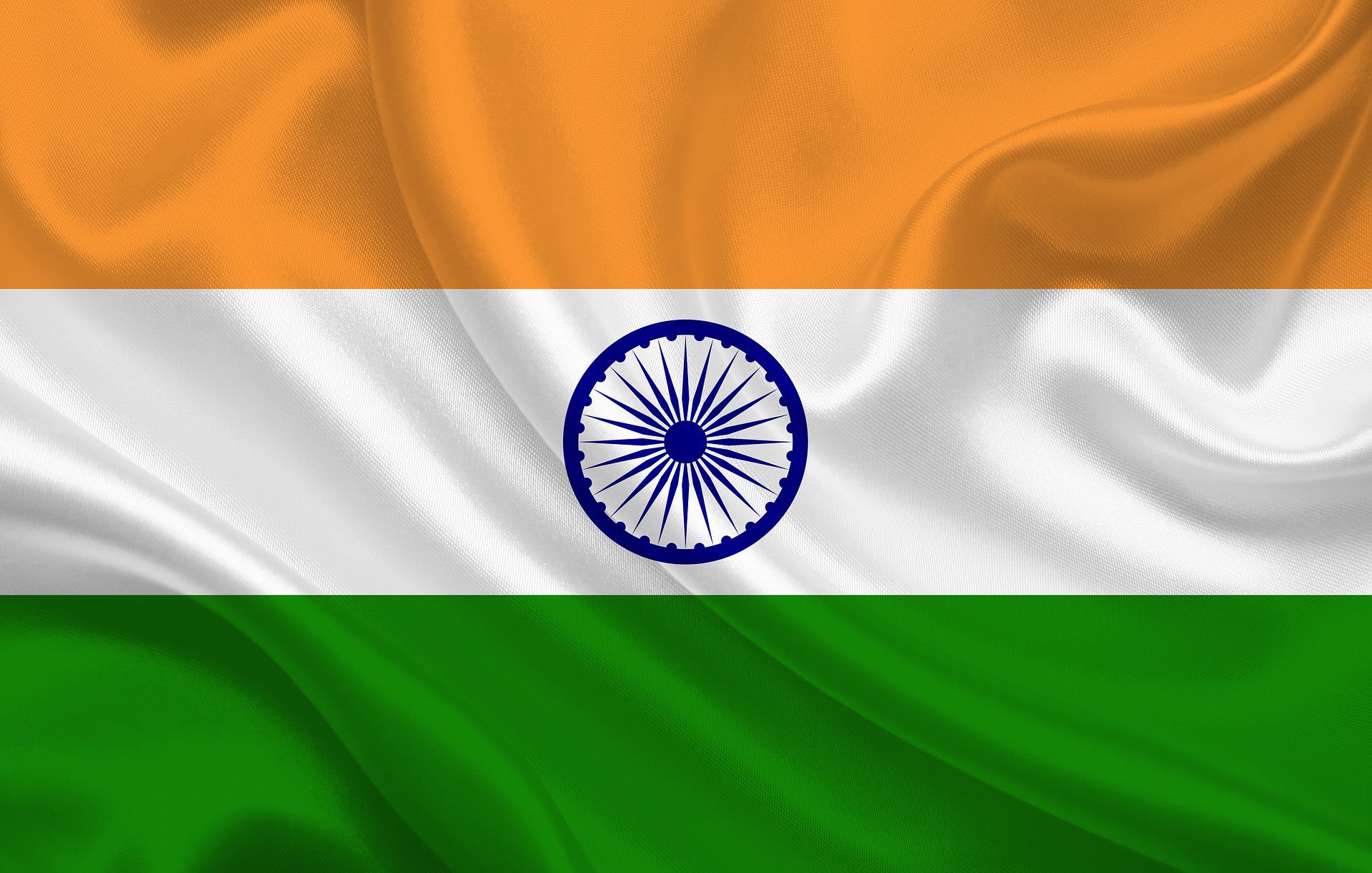
403
Sorry!!
Error! We're sorry, but the page you were looking for doesn't exist.
First polling in ten years ends in India’s Kashmir
(MENAFN) A significant chapter in the political landscape of Jammu and Kashmir (J&K) has unfolded with the conclusion of the final round of polling for regional government elections. This marks the first time in a decade that local elections have been held in the region, which has long been at the center of a contentious dispute between India and Pakistan. The last phase of voting took place on Tuesday across 40 constituencies in seven districts, with 415 candidates vying for positions in the 90-seat legislature.
Approximately 3.9 million residents were eligible to cast their votes during this phase, contributing to a broader electorate of about nine million registered voters in the region. Previous rounds of polling have reported notable voter participation, with a turnout of 61% on September 18 and 57% on September 25, signaling a robust interest in the electoral process.
This election is especially pivotal, as it represents the first local polls since 2014, and the first since the Indian government’s controversial abrogation of Article 370 in 2019. This constitutional amendment stripped the region of its special autonomy, leading to its bifurcation into two union territories—Jammu & Kashmir and Ladakh—under direct federal control. The move was spearheaded by Prime Minister Narendra Modi's administration and had immediate repercussions on India-Pakistan relations, with Islamabad downgrading diplomatic ties and suspending the Indian High Commissioner in response.
Local sentiments regarding the elections reflect a desire for governance that resonates with the needs of the community. As one voter expressed to an RT correspondent, “We desperately need a local leader in Kashmir, which is why we are all coming out to vote.” Another individual voiced hope that the new government would prioritize initiatives to enhance employment opportunities in the region.
The Kashmir issue remains a flashpoint between India and Pakistan, two nuclear-armed nations that have contended for the territory since their independence from British rule in 1947. Last year, Pakistan strongly opposed the Indian Supreme Court's decision to uphold the constitutional changes affecting J&K, underlining the enduring tensions surrounding this disputed region.
As the election results are anticipated, they will not only shape the future of local governance in Jammu and Kashmir but will also have significant implications for the broader geopolitical landscape between India and Pakistan. The aspirations of the people in this historically volatile region for effective and locally responsive leadership will be closely monitored as the outcomes unfold.
Approximately 3.9 million residents were eligible to cast their votes during this phase, contributing to a broader electorate of about nine million registered voters in the region. Previous rounds of polling have reported notable voter participation, with a turnout of 61% on September 18 and 57% on September 25, signaling a robust interest in the electoral process.
This election is especially pivotal, as it represents the first local polls since 2014, and the first since the Indian government’s controversial abrogation of Article 370 in 2019. This constitutional amendment stripped the region of its special autonomy, leading to its bifurcation into two union territories—Jammu & Kashmir and Ladakh—under direct federal control. The move was spearheaded by Prime Minister Narendra Modi's administration and had immediate repercussions on India-Pakistan relations, with Islamabad downgrading diplomatic ties and suspending the Indian High Commissioner in response.
Local sentiments regarding the elections reflect a desire for governance that resonates with the needs of the community. As one voter expressed to an RT correspondent, “We desperately need a local leader in Kashmir, which is why we are all coming out to vote.” Another individual voiced hope that the new government would prioritize initiatives to enhance employment opportunities in the region.
The Kashmir issue remains a flashpoint between India and Pakistan, two nuclear-armed nations that have contended for the territory since their independence from British rule in 1947. Last year, Pakistan strongly opposed the Indian Supreme Court's decision to uphold the constitutional changes affecting J&K, underlining the enduring tensions surrounding this disputed region.
As the election results are anticipated, they will not only shape the future of local governance in Jammu and Kashmir but will also have significant implications for the broader geopolitical landscape between India and Pakistan. The aspirations of the people in this historically volatile region for effective and locally responsive leadership will be closely monitored as the outcomes unfold.

Legal Disclaimer:
MENAFN provides the
information “as is” without warranty of any kind. We do not accept
any responsibility or liability for the accuracy, content, images,
videos, licenses, completeness, legality, or reliability of the information
contained in this article. If you have any complaints or copyright
issues related to this article, kindly contact the provider above.

















Comments
No comment